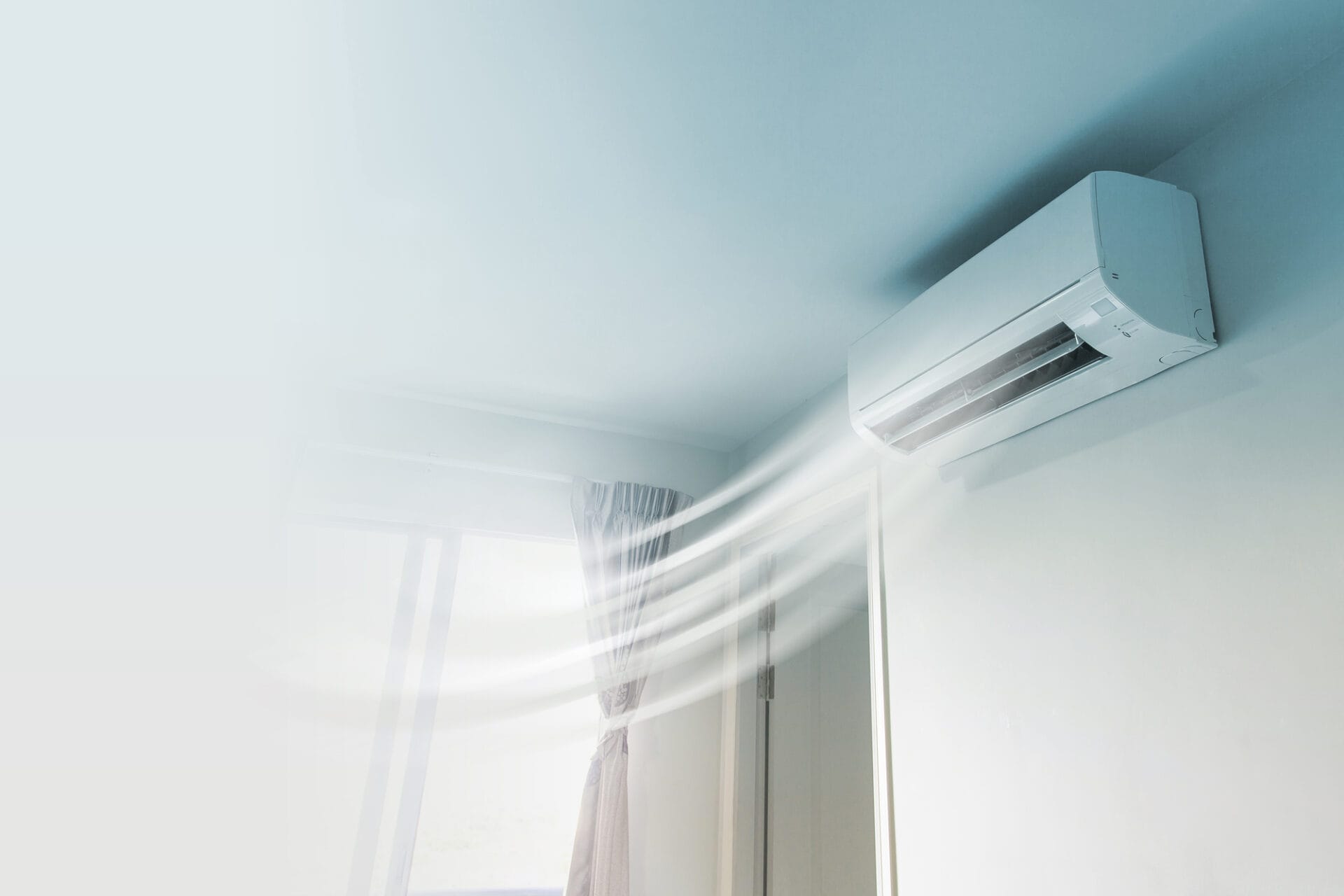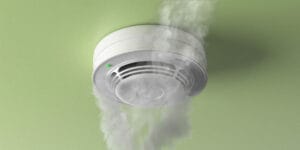Yes, your air conditioner can indeed make you sick. AC systems can become a breeding ground for mold, bacteria, and dust mites if not properly maintained. These contaminants can trigger respiratory problems, allergic reactions, and even dry out your mucous membranes, making you more susceptible to infections. Symptoms like dry skin, sore throat, headaches, and fatigue are signs to watch for. Maintaining your AC unit is crucial to avoid these health risks. Regular filter changes and annual inspections can keep the air clean and safe. Learning how to keep your AC in top shape offers even more ways to protect your health.
Understanding AC-Related Illnesses
How does an air conditioner, often a relief during hot days, potentially contribute to illnesses?
When you’re basking in the cool air, it’s easy to overlook that AC systems can harbor and circulate allergens and pathogens. If not regularly cleaned, filters and ducts become breeding grounds for mold, bacteria, and dust mites. These contaminants are then blown into the room, possibly triggering respiratory problems or allergic reactions.
Moreover, the constant flow of cold air can dry out your mucous membranes, making you more susceptible to infections. It’s crucial to maintain your AC unit properly to prevent these health risks.
Ensuring that filters are cleaned or replaced regularly can significantly reduce the likelihood of AC-related illnesses.
Common Symptoms to Watch For
Recognizing the symptoms of AC-related sickness is key to addressing any issues early on. You might notice dry, itchy skin or a persistent sore throat first. These signs can seem minor but shouldn’t be ignored.
Dry eyes and unexplained nasal congestion are also common, pointing towards the low humidity and potential allergens circulating in your air-conditioned environment. Headaches and fatigue may follow, often mistaken for just being tired or stressed.
If you’re suddenly experiencing difficulty concentrating or feeling dizzy, it could be linked to poor air quality or inadequate ventilation in your AC system. Don’t brush off these symptoms. They’re your body’s way of signaling that something’s not right with the air you’re breathing.
How AC Units Spread Germs
Surprisingly, your AC unit can become a breeding ground for germs and spread them throughout your home. When you don’t clean or change the filters regularly, dust, pollen, and other airborne particles accumulate. These contaminants provide the perfect environment for bacteria and mold to thrive.
Once your AC kicks in, it doesn’t just circulate cool air; it also disperses these germs into every corner of your living space. You’re not just lowering the temperature; you’re potentially increasing the risk of respiratory issues and allergic reactions.
The moisture created by the unit’s operation can further exacerbate the problem, offering a humid haven for microbes to multiply. Without realizing it, you could be inhaling harmful particles that compromise your health.
Preventative Maintenance Tips
To mitigate the health risks associated with unclean AC units, it’s vital to adopt regular preventative maintenance practices. First, ensure you’re replacing or cleaning the filters every month during peak usage. Dust and allergens can accumulate quickly, reducing air quality and efficiency.
Don’t forget to inspect and clean the evaporator and condenser coils at least once a year. A buildup of dirt on these components can hinder your AC’s performance and lead to health issues.
Additionally, check the unit’s drain pan and drainage system for any blockages. A clogged drain can cause water to back up, promoting mold growth.
Lastly, consider scheduling a professional inspection annually. They’ll catch issues you might miss, ensuring your system runs smoothly and keeps you healthy.
Alternatives to Constant AC Use
Exploring alternatives to constant AC use can significantly reduce your energy bills and environmental impact. You’ve got plenty of options that’ll keep you cool without relying solely on air conditioning.
Start by using fans; they consume far less power and can make a room feel several degrees cooler. Don’t overlook the power of natural ventilation either. Opening windows during cooler parts of the day and using strategically placed window coverings can block out heat.
Consider installing energy-efficient windows or reflective films to minimize solar heat gain. Also, planting shade trees around your home can naturally lower temperatures.
Lastly, wearing lightweight, breathable clothing can help you stay comfortable without cranking up the AC. Each of these steps can lead to a cooler, healthier living space.
Frequently Asked Questions
Can Using an Air Conditioner Exacerbate Existing Respiratory Conditions, Such as Asthma or Allergies, in Ways Not Directly Related to Germ Spread?
Yes, using an air conditioner can worsen existing respiratory conditions like asthma or allergies due to factors like dry air and circulating dust, not just from spreading germs.
It’s crucial to keep filters clean.
How Does the Psychological Impact of Constant Air Conditioning Exposure, Such as Feelings of Confinement or Artificiality, Affect Overall Health and Wellbeing?
Constant exposure to air conditioning can lead to feelings of confinement or artificiality, impacting your mental health and overall wellbeing.
It’s crucial to balance indoor comfort with natural environments to maintain your health.
Are There Specific Environmental Conditions, Like Humidity Levels or Outdoor Air Quality, That Modify the Risk of Getting Sick From Air Conditioning Use?
Yes, environmental factors like low humidity and poor outdoor air quality can increase your risk of getting sick from using air conditioning.
These conditions can exacerbate respiratory problems and spread of airborne pathogens.
In What Ways Can the Noise Generated by Air Conditioning Units Contribute to Health Issues, Such as Sleep Disturbances or Increased Stress Levels?
The noise from air conditioning units can disrupt your sleep and elevate your stress levels.
It’s not just about the temperature; the constant hum or sudden noises can significantly affect your overall well-being and comfort.
How Do the Economic Implications of Running an Air Conditioner, Including Increased Utility Bills and Maintenance Costs, Indirectly Impact an Individual’s Health and Stress Levels?
Running an air conditioner raises your utility bills and maintenance costs, which can indirectly increase your stress levels and impact your health.
It’s important to consider these economic implications when managing your household budget.
Conclusion
So, you’ve got the scoop on how your AC can make you sick, from spreading germs to causing various symptoms.
Don’t fret, though. By keeping up with regular maintenance and considering alternatives to running it non-stop, you’re already on track to healthier air at home.
Remember, it’s all about balance and care. Keep your unit clean, and don’t rely solely on it to keep cool. That way, you’ll stay comfortable and healthy, enjoying the best of both worlds.



